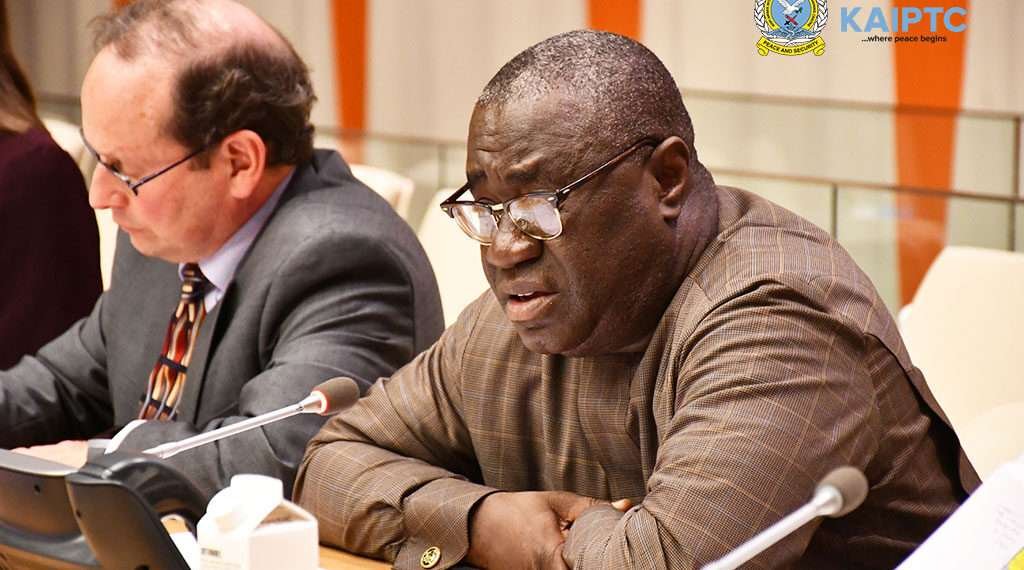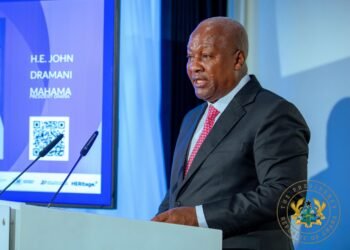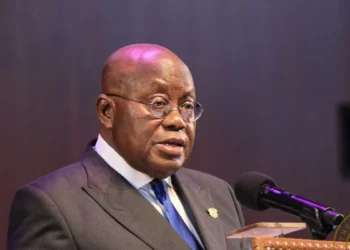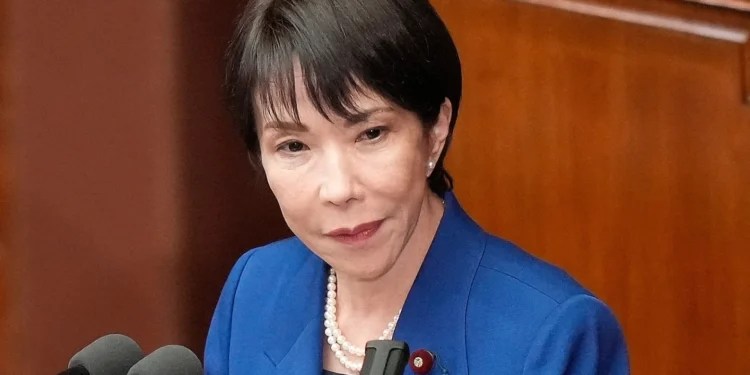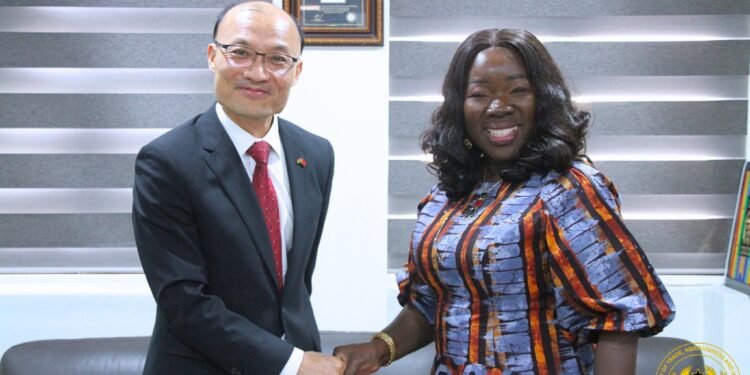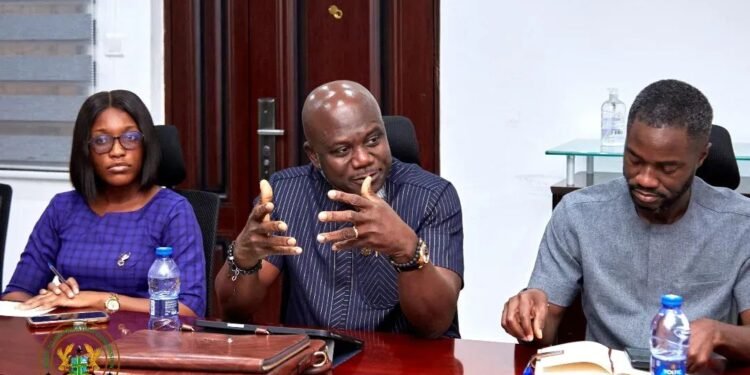Renowned security analyst and Director of the Faculty of Academic Affairs & Research at the Kofi Annan International Peacekeeping Training Centre, Professor Kwesi Aning, has raised serious concerns over the recent discovery of a covert stockpile of counterfeit currency and suspected gold bars in Sarpeiman.
The seasoned security analyst, in a detailed critique, expressed doubt on the credibility of the operation, questioning whether it was a genuine law enforcement breakthrough or a strategic move influenced by higher political interests.
In his characteristically blunt critique, Professor Aning expressed deep frustration with what he described as a “chronic relief cyclical pattern” in Ghana’s security framework.
According to him, the trend of high-profile arrests followed by media spectacle, then silence, and, in some cases, inexplicable deaths, has become the norm.
“I’m so sick and fed up with this chronic relief cyclical pattern of arrest, hullabaloo, and in some cases, just die. Because the question is, and so what?”
Professor Kwesi Anning, a renowned security Analyst
Professor Aning pointed to glaring security lapses that allowed the illicit cargo to not only enter the country but also travel undetected across significant distances.
He speculated that the counterfeit money and fake gold likely originated from outside Ghana and must have undergone clearance through the country’s ports, particularly Tema.
“They were able to get cleared at the port and managed to travel from wherever they were cleared, if from Tema to wherever they were intercepted—that’s close to about 35 to 40 kilometers. And this is not a logistical operation undertaken by two people.”
Professor Kwesi Anning, a renowned security Analyst
He further criticized the inability of security agencies to make any credible arrests. “If Elijah has escaped and they haven’t caught anybody, then it raises certain fundamental questions,” he noted, referencing the alleged mastermind behind the operation who remains at large.

Timing of the Operation
Beyond the immediate security concerns, Professor Aning questioned the timing of the operation. He suggested that the bust could be a calculated move to shield or divert attention from looming national security shake-ups.
“Is this a very sincere attempt at a tip-off and we have reacted? Or is this something that has been known for a very long time, and they decided to act because certain decisions much higher up in the system are going to be taken, and some people in national security would have been affected?”.
Professor Kwesi Anning, renowned security Analyst
While the bust has been touted as a significant victory for law enforcement, he expressed skepticism about whether it represents a genuine effort to dismantle the criminal network behind it.
“The national security guys have a lot of explanation to do. And certainly, the new guys—the new National Security Coordinator, the National Security Advisor to the President, Prosper Douglas Bani, and Kofi Boakye—have their jobs cut out for them. There is something sinister and very insidious going on.”
Professor Kwesi Anning, renowned security Analyst
Professor Aning also decried the lack of transparency regarding the individuals behind the operation.
Despite a widely circulated video of the discovery, he noted the absence of follow-up reports identifying the key suspects. He also highlighted inconsistencies in how the intercepted cargo was handled.
“The content of the container was fully reviewed at Sarpeiman. Meanwhile, it ran through all the scanners at Tema Harbor to Sarpeiman. And therein lies my argument.
“If they haven’t been able to arrest those who did the scanning and the clearance at Tema, and there’s national security at Tema Port, then it raises fundamental questions.”
Professor Kwesi Anning, a renowned Security Analyst
The security expert suggested that the Sarpeiman bust might be a mere fraction of a much larger criminal operation. “Probably this is just the tip of the iceberg. This is just supposed to divert attention,” he surmised.
Professor Aning’s remarks serve as a stark warning about the depth of security loopholes and possible complicity within Ghana’s law enforcement and border control agencies.
His pressing question remains unanswered: “How many other containers have come in?”, underscoring the urgent need for greater accountability, transparency, and a comprehensive overhaul of security measures at the country’s ports and borders.
READ ALSO: Dr. Yusif Sulemana Appointed Acting TOR Managing Director

